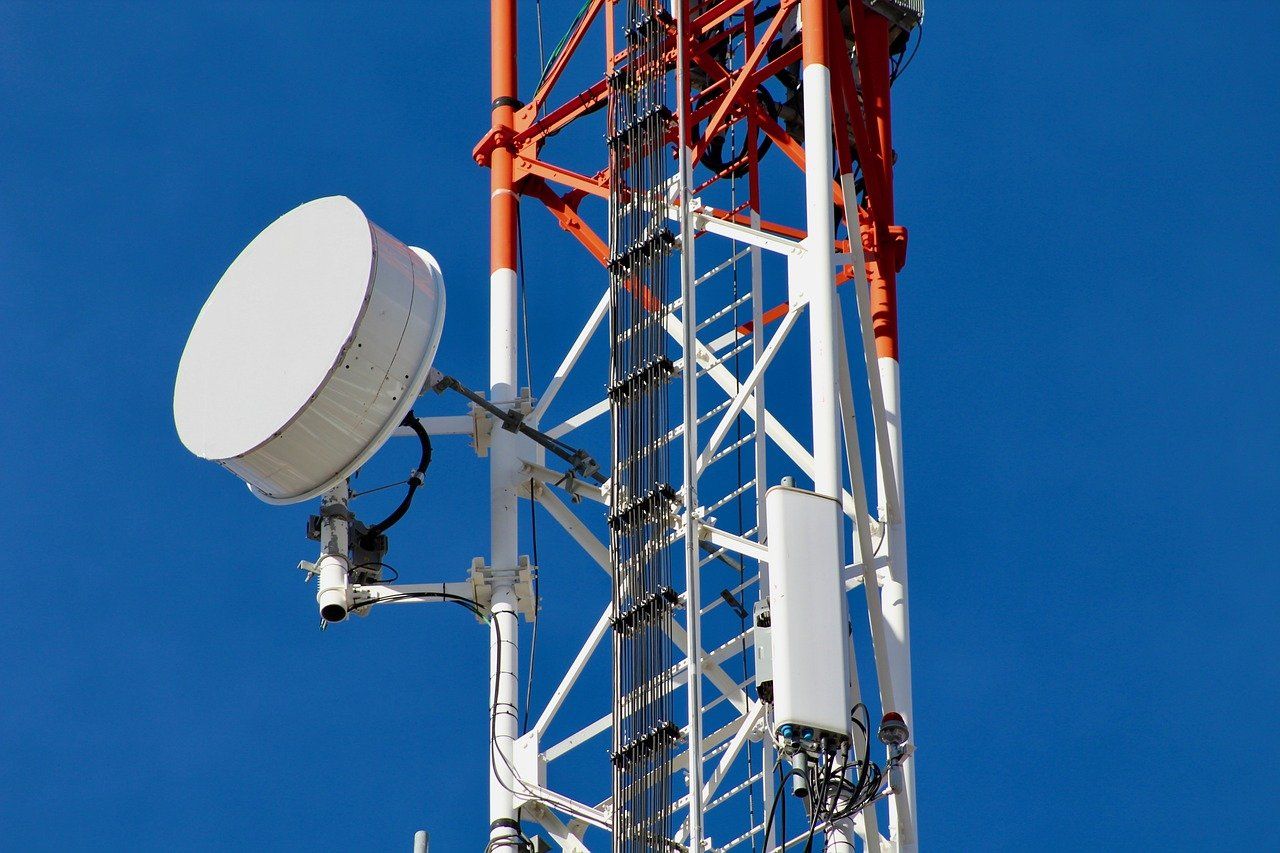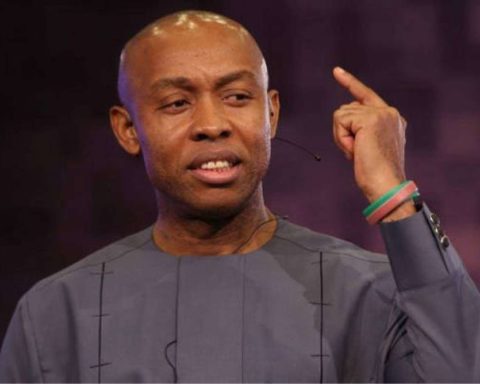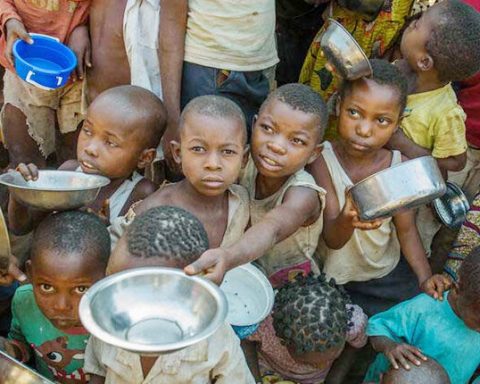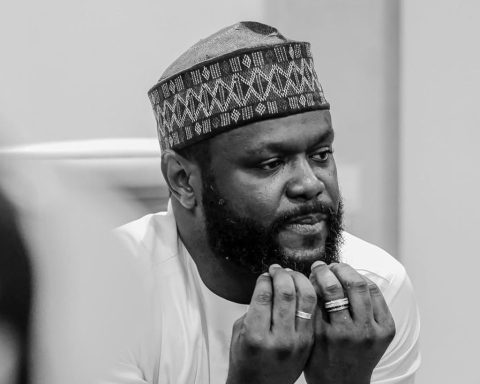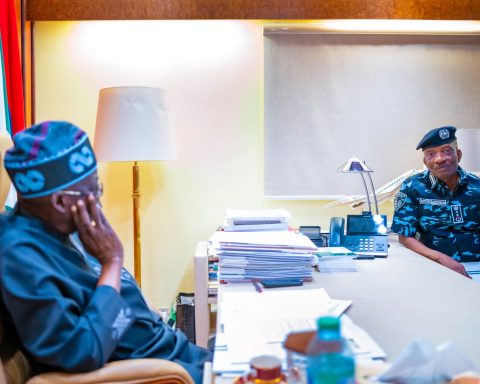There are concerted efforts by the ITU, the world’s telecommunications unión, to link over 2.7 billion unconnected people.
With $30 billion donations from at least 280 entities in 118 countries, that race, as it were, has started in earnest.
Join our WhatsApp ChannelOf course, these efforts come on the heels of the concerns expressed in early 2022 by Antonio Guterres, the United Nation’s Secretary General, who lamented that a third of the world’s population lived without Internet connectivity, despite the rising profile of technology and telecommunications.
Recall that the ITU had, in 2021, set up the Partner2Connect initiative, a coalition that would create an agenda to link the World’s unconnected population by 2030.
Indeed, the agenda was part of the campaign of the incoming ITU Secretary General Doreen Bogdan-Martin at the last ITU elections.
With a third of global population still in the dark,the ITU thinks that one major programme to connect them is to go into partnership with countries and corporate entities hence the Partner2Connect initiative.
Access to the Internet is a critical element of global development efforts, including the UN’s Sustainable Development Goals.
“The digital divide is no longer just a technology divide – it is an opportunity divide,” said Doreen Bogdan-Martin, Director of ITU’s Telecommunication Development Bureau and ITU Secretary-General-elect. “We live in a world filled with crisis and need. For its part, success in mobilizing commitments will be central to global efforts to get every person online.
These efforts will form a major plank of the incoming ITU regime from January 1,2023 when the new executives begin their tenure.
The pledges and funds being mobilized are especially meant to support developing countries where connectivity is lagging and the digital gender gap is widest.
The funding, services, technical support, and other assistance detailed in the pledges will improve access to — and preparedness for — digital technologies.
The Partner2Connect initiative focuses its work on four areas: connecting people everywhere (access), empowering communities (adoption), building digital ecosystems (value creation), and incentivizing investments (accelerate).
READ ALSO: Digital Access And Contemporary Media – Sonny Aragba-Akpore
“It is heartening to see the international community from so many sectors focus on bringing digital connectivity to all,” said ITU Secretary-General Houlin Zhao. “ITU is uniquely positioned to support this effort and we will continue to mobilize our distinctive and diverse public-private membership base around concrete commitments to connect the world.”
In addition to making new commitments, participants at the Partner2Connect meeting provided self-reported progress updates on the status and impact of their pledges.
Under the self-reporting timetable, reports were received by mid-November on over one-third of the total commitments, an impressive response rate only one month after the launch of an online form. About 75 per cent of those pledges were noted to be in progress and on track to achieve their goals, with 10 per cent self-reported as being complete.
Many of the entities that pledged funds stated that they expected their pledges to meet their target deadlines for implementation.
“Global connectivity and sustainable digital transformation cannot be achieved without accountability,” said Bogdan-Martin in the coalition’s report. “Through Partner2Connect, ITU can play a central role in monitoring, tracking and reporting on commitments towards connectivity. We will continue to promote the spirit of transparency and true partnership that this coalition stands for.”
ITU Facts and Figures 2022, states that the global median price of mobile-broadband services dropped from 1.9 per cent to 1.5 per cent of average gross national income (GNI) per capita. Mobile broadband allows users to access the Internet from a smartphone. The affordability of this service has become a benchmark for global Internet use, since it provides relatively inexpensive access compared to fixed Internet service.
Still, for the average consumer in most low-income economies, the cost of fixed or mobile broadband services remains too high.
The report says that “ a basic mobile data plan in these countries was found to cost on average nine per cent of average income. This represents a slight decrease from 2021, but it remains many times greater than the cost of similar services in higher-income countries. The result is that those who can least afford broadband service – and that could benefit the most from it – are paying the highest amounts in relative terms.”
Earlier this year, ITU and the Office of the UN Secretary-General’s Envoy on Technology announced ambitious targets for universal and meaningful digital connectivity to be achieved by 2030. Affordability, defined as the availability of broadband access at a price that is less than two per cent of monthly GNI per capita, was identified as a priority to ensure that everyone can benefit fully from connectivity.
Although women account for close to half the world’s population, 259 million fewer women have access to the Internet than men. Only 63 per cent of women are using the Internet in 2022 compared to 69 per cent of men, according to Facts and Figures 2022. adding that the gender gap is even more concerning in lower-income nations in which 21 per cent of women are online compared to 32 per cent of men, a figure that has not improved since 2019.
Overall, the world has moved closer toward gender parity over the last three years. Gender parity is defined as when the female percentage of Internet users divided by the male percentage stands between 0.98 and 1.02. The gender parity score improved from 0.90 in 2019 to 0.92 in 2022.
“Generally, regions with the highest Internet use also have the highest gender parity scores. Conversely, many of the world’s least developed and vulnerable economies feature low Internet use, a low gender parity score, and limited progress toward gender parity over the last three years.”
Sonny Aragba-Akpore, a Journalist and Communications expert, lives in Abuja.




